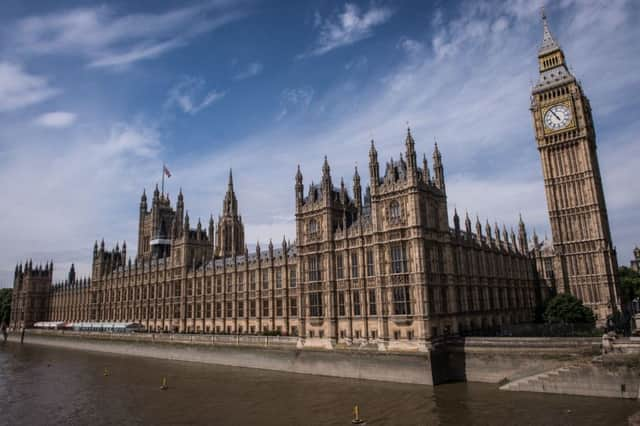Devolution agenda held back by decades of '˜tinkering' with policy, report claims


The new study by the Institute for Government (IfG) argues that the “endless” cycle of reform and restructuring in Westminster has come at a significant economic cost to the UK – as well as impacting on communities, businesses and departmental expertise.
The think tank points out that the issue of devolution alone, successive administrations have unveiled four different models for regional governance in recent years, ranging from Regional Development Agencies to Local Enterprise Partnerships.
Advertisement
Hide AdAdvertisement
Hide AdAnd the recent change in government has once again “thrown the agenda into question”, strengthening the think tank’s calls for a cultural shift to encourage longer-term planning and greater stability.
“The sheer scale of change to these key government policy areas is astounding – not just because of the costs incurred, but also the effect on people’s lives,” said IfG programme director Emma Norris.
“Government can and must safeguard against more wasting time, money and resources on endless changes that result in little progress.
“This churn is not simply a result of changes in government. It highlights persistent weaknesses in our system of government: the tendency to change and to recreate rather than commit to stable, well-evidenced policy.”
Advertisement
Hide AdAdvertisement
Hide AdThe new report examines three policy areas which it claims have experienced “near-constant upheaval” in recent decades, including further education, regional governance and industrial policy.
On education, it notes that the sector has seen the introduction of 28 new FE laws and 48 secretaries of state over the last 30 years, leaving students and employers dealing with a “confusing and ever-changing set of qualifications”.
The study also points out that the Government is on its third industrial strategy since the Conservatives took power in the coalition in 2010. It claims that if Theresa May’s plans for a new industrial strategy are to make progress, they must focus less on overturning the work of previous governments, and more on committing to a “clear and consistent” strategy for the long term.
On regional devolution, the think tank states that while the commitment to devolving power has endured throughout successive governments, the agenda has been subject to “endless tinkering and change”.
Advertisement
Hide AdAdvertisement
Hide Ad“It is unclear how committed the new Prime Minister, Chancellor or other relevant secretaries of state are to the current devolution process,” it says. “If the cycle of churn is to be broken... the current process of devolution to a city-regional tier must be given the stability it needs to develop and perform effectively,” the report concludes.